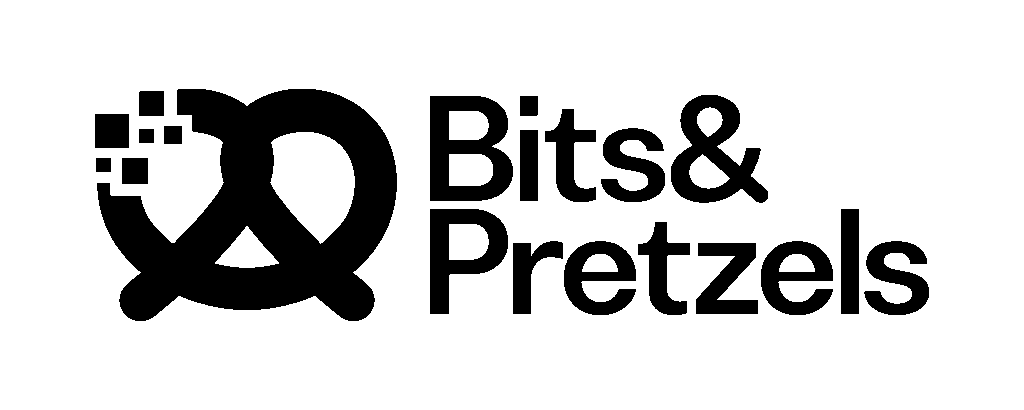
Study by Bits & Pretzels and Speedinvest shows: Germany’s corporations rely heavily on internal research – and lag behind in AI and startup collaboration
July 28, 2025 – German companies continue to invest heavily in internal research and development (R&D) – in 2023 alone, expenditure amounted to over 90 billion euros. However, over 85% of innovation expenditure remains in internal structures and rarely flows into collaborations with start-ups, corporate venturing or other external innovation approaches. This focus on internal development is also evident among Germany’s largest R&D investors: Volkswagen, Mercedes-Benz and Bosch invest almost 90% of their innovation budgets in internal company projects. In the USA, the largest R&D investors – Alphabet, Amazon and Meta – pursue a different strategy: they allocate around 30% of their innovation budget to external measures such as corporate venturing or tech M&A. This strategic difference is further underpinned by a significantly more active M&A culture in the USA: between 2018 and 2023, the average annual M&A volume in the United States amounted to 5.3% of GDP, which corresponds to around 1.15 trillion euros per year. In Germany, the corresponding figure was just 2.9% of GDP or €110 billion per year.
There is also a clear difference in R&D intensity: while US companies invest an average of 7.7% of their turnover in R&D, the figure for German companies is just 5.5% – with a clear focus on internal development rather than access to external sources of innovation. Taken together, these factors contribute to measurably stronger growth for those companies that actively collaborate with start-ups and new technologies.
This is one of the key findings of a new study by Bits & Pretzels, the leading festival for European founders, investors and decision-makers – and Speedinvest, a pan-European early-stage venture capital fund. Based on numerous interviews with leading European companies, supplementary studies and expert assessments by Thomas Jarzombek and Verena Pausder, among others, the report analyzes how Germany’s corporations, including all DAX40 companies, use external innovation models – and reveals structural deficits in cooperation with startups, with clear implications for growth, profitability and valuation.
High R&D intensity correlates with market performance
The study shows a statistical correlation between R&D intensity and company valuation: the five DAX40 companies with the highest R&D expenditure – measured in terms of turnover – trade at an average price/sales ratio (P/S ratio) of 4.05 and a price/earnings ratio (P/E ratio) of 25.7 – significantly above the DAX40 average of 1.89 (P/S ratio) and 21.47 (P/E ratio). In contrast, the five DAX40 companies with the lowest R&D investments have significantly lower market confidence: Their average P/E ratio is 1.44 and their P/E ratio is 14.9.
In addition, external studies indicate that companies with above-average R&D intensity also perform better in terms of profitability: Their average EBIT margins are 15.4%, compared to 10.0% for companies with below-average R&D investment.
AI is everywhere – just not on a large scale
Artificial intelligence is now a hot topic in German companies. Between 2023 and 2024, the number of mentions of AI in the annual reports of DAX40 companies increased sevenfold – from 205 to 1440. Today, as many as 58% of companies explicitly refer to generative AI. However, only 4% actually use AI technologies throughout the company. Also noteworthy: the five DAX40 companies with the highest AI intensity in their annual reports trade at an average P/E ratio of 26.7 and a P/E ratio of 3.77 – in contrast to 15.2 (P/E ratio) and 1.01 (P/E ratio) for the five companies with the lowest AI intensity. At the same time, the authors of the study emphasize that it is not visibility but implementation that creates real added value.
External innovation increases company value
While the majority of innovation activities remain internal, external models such as corporate venture capital (CVC) and venture clienting are becoming increasingly important. The number of active corporate investors has risen globally from around 500 in 2013 to 2,344 in 2024. CVC is not only widespread today, it also has measurable effects: Each year of active CVC activity correlates with an increase in the P/E ratio of DAX40 companies by +0.16 (baseline: 1.89) – this corresponds to a multiple premium of around 8.5%. In 2024, 29% of all CVC investments related to start-ups in the AI sector – a clear indication of the growing strategic importance of venturing for technology transfer.
At the same time, venture clienting is establishing itself as the preferred, low-risk model for collaborating with start-ups. It enables companies to test and scale new technologies – without investing directly. According to the study, 92% of the European companies surveyed rate this model as particularly effective, especially in the context of AI and industrial tech; CVC is also rated as effective by over 80% of companies. Venture building and accelerator programs, on the other hand, are rated as less effective – many companies report having discontinued such initiatives due to a lack of business results. In terms of access to external innovation, VC and partner networks are considered the most effective channel (88% satisfaction), followed by internal startup scouting activity (78%). Inbound contact by startups scores the lowest (28%).
Structural change needed to leverage Europe’s innovation potential
The conclusion of the study: despite strategic awareness, German companies are far from exploiting the potential of external innovation. In a global market that is increasingly characterized by AI scale-ups and open innovation, internal R&D alone is no longer enough. To remain competitive, internal capabilities must be systematically supplemented with external access to innovation through suitable corporate venturing models. The benefits of external innovation models are reflected in the financial results.
The full study, co-authored by Bits & Pretzels and Speedinvest, is available on the Bits & Pretzels website [hyperlink follows] and will be presented at the Bits & Pretzels CIO Summit – from September 29 to October 1 at the Bits & Pretzels Founders Festival in Munich.
Expert opinions
Dr. Christian Rammer, Head of the Research Group “Economics of Innovation and Industrial Dynamics” at the ZEW – Leibniz Centre for European Economic Research in Mannheim:
“Companies with above-average R&D investments are sending a clear signal: they are focusing on the development and marketing of new solutions. If these are successful on the market, they open up major growth opportunities and high profitability – two factors that are decisive for the valuation on the capital market.”
Verena Pausder, Chairwoman of the German Startups Association:
“Startups are not an accessory to the AI transformation – they are the engine. Not just as technology suppliers, but as pacemakers. The most relevant AI applications in industry, healthcare or software do not come from corporations, but from small, radically focused teams.”
Thomas Jarzombek, Parliamentary State Secretary to the Federal Minister for Digital Affairs and State Modernization, previously Federal Government Commissioner for the Digital Economy and Start-ups:
“So far, we have put too much energy into regulation and too little into development. Of course regulation is important, but we are world champions in regulation, not in implementation. The development of AI is global. Other countries won’t wait until our regulatory framework is ready.
It is also important that we become better at promoting talent, for example with the “1000 Heads Program”. We also need to advance the use of data, for example mobility, research and health data. And we need a modern computing infrastructure, for example high-performance data centers or an “AI Gigafactory”.
The AI Act must now be implemented swiftly and in a practical manner. But regulation alone is not enough. What we need is investment in data, talent and infrastructure.”
About Bits & Pretzels
Bits & Pretzels is an annual festival with 7,500 participants that is aimed at startup founders, investors and decision-makers. Founded by Andy Bruckschloegl, Bernd Storm van’s Gravesande and Felix Haas, it takes place during the Oktoberfest from September 29 to October 1 in Munich. The aim of the event is to put the spotlight on European technology start-ups and provide founders with the knowledge and network they need. Since 2014, the festival has gained international attention and welcomed high-profile speakers such as Sir Richard Branson, Tarana Burke, Jessica Alba, Nico Rosberg, Barack Obama and Arnold Schwarzenegger. Further information can be found on the official website www.bitsandpretzels.com.
PRESS CONTACT
PIABO Communications
Assana Jensen
Phone: +49 173 3932305
bits-pretzels@piabo.net

